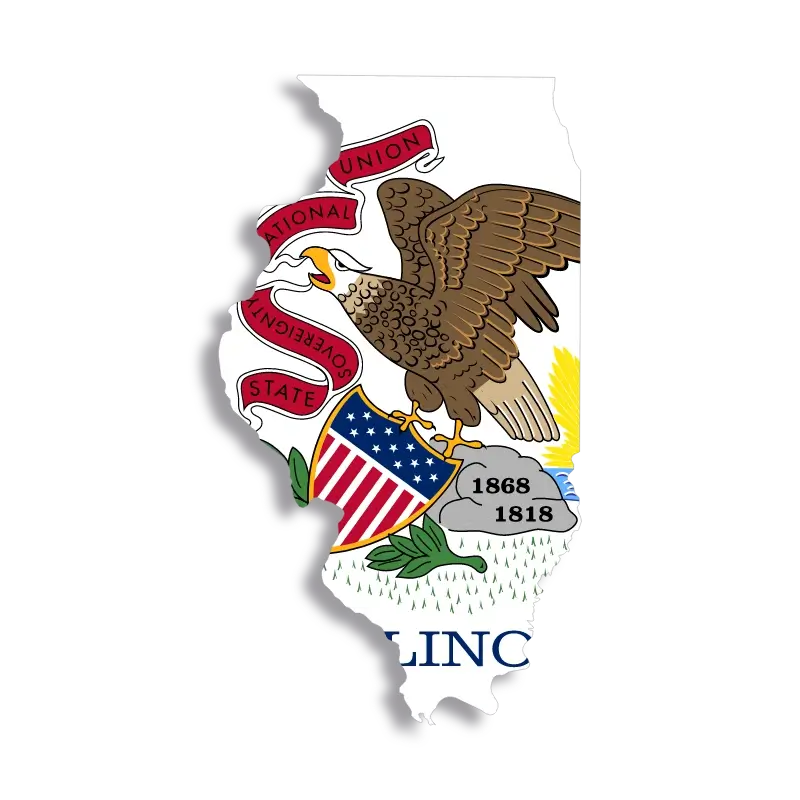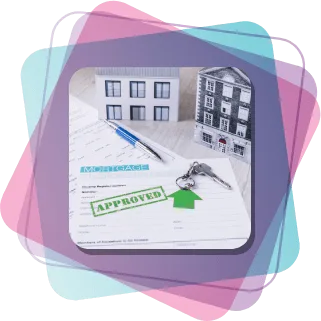Frequently Asked Questions
What Will You Name Your Business?
Choose a name that reflects the nature of your medical billing business while being memorable and easy to pronounce. Consider incorporating words like “billing,” “revenue cycle management,” or “healthcare solutions” into your business name to convey your area of expertise.
What Are the Costs Involved in Opening a Medical Billing Business in Illinois?
The costs associated with starting a medical billing business in Illinois can vary depending on various factors such as location, size, and services offered. Some common expenses include:
- Office space: Rent or lease costs for a dedicated office space or a virtual office setup.
- Equipment and software: Computers, printers, medical billing software, and office supplies.
- Licensing and certifications: Fees for obtaining necessary permits and certifications.
- Marketing and advertising: Website development, online marketing campaigns, and promotional materials.
- Insurance: Premiums for general liability, professional liability, and cyber liability insurance.
- Professional services: Legal and accounting fees for business formation and ongoing compliance.
- Staffing: Salaries or freelance fees for hiring employees or contractors.
Carefully consider these costs when preparing your business plan and securing the necessary funding.
What Are the Ongoing Expenses for a Medical Billing Business in Illinois?
After launching your medical billing business, there will be ongoing expenses to sustain operations. These may include:
- Rent or lease payments for office space.
- Employee salaries or contractor fees.
- Software subscriptions and updates.
- Marketing and advertising expenses to maintain a strong online presence.
- Insurance premiums for continued coverage.
- Continuing education and certification renewals to stay updated with industry standards.
- Utilities, phone bills, and internet services.
- Professional services, such as accounting and legal support.
Who Is the Target Market for a Medical Billing Business in Illinois?
The target market for your medical billing business in Illinois includes healthcare providers, medical practices, hospitals, clinics, and ambulatory surgery centers. Reach out to small to medium-sized healthcare facilities and independent medical practitioners who may benefit from outsourcing their medical billing and coding tasks.
How Does a Medical Billing Business Make Money in Illinois?
A medical billing business generates revenue by providing services related to medical coding, claim submission, and revenue cycle management. Typically, you charge clients a percentage of the collections or a flat fee per claim processed. Alternatively, you may offer comprehensive billing services on a monthly retainer basis.
How Much Can You Charge Customers in Illinois?
Pricing for medical billing services can vary depending on the complexity of the tasks, volume of claims, and the specific needs of your clients. Research the market in Illinois and consider factors such as the average reimbursement rates and the scope of services you offer. Common pricing models range from 4% to 10% of the collections or a flat fee per claim processed.
How Much Profit Can a Medical Billing Business Make in Illinois?
The profitability of a medical billing business in Illinois depends on various factors, including the number of clients, claim volume, pricing structure, and operational efficiency. While it is challenging to provide an exact figure, a well-established and efficiently managed medical billing business can generate a healthy profit margin. Continuous growth and client retention are crucial to increasing profitability.
How Can You Make Your Medical Billing Business More Profitable in Illinois?
To enhance the profitability of your medical billing business in Illinois, consider the following strategies:
- Streamline operations: Optimize your workflow and leverage technology to automate repetitive tasks, reducing labor costs and improving efficiency.
- Expand services: Offer additional value-added services such as denial management, accounts receivable recovery, or patient eligibility verification.
- Build strong client relationships: Provide excellent customer service, maintain open communication, and proactively address client concerns to enhance client retention and generate referrals.
- Stay updated with industry changes: Stay abreast of evolving regulations, coding guidelines, and reimbursement policies to maximize revenue for your clients.
- Invest in marketing and networking: Promote your services through online marketing, attending healthcare industry conferences, and joining local business associations to expand your client base.
- Develop strategic partnerships: Collaborate with complementary healthcare service providers, such as medical software vendors or consulting firms, to cross-refer clients and increase revenue opportunities.




















